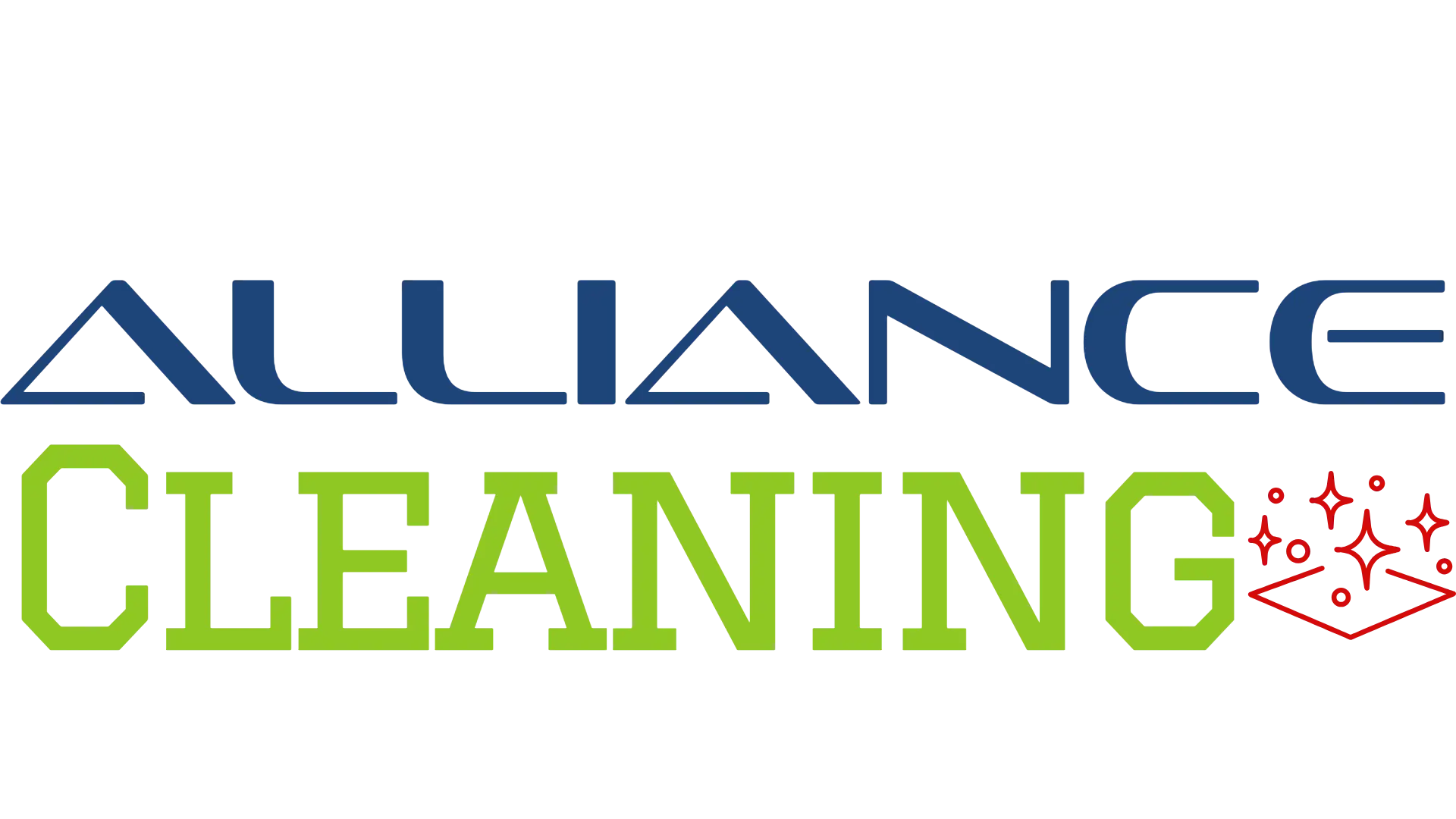Moving out of a rental property is an experience many Australians go through. Among the tasks to tackle, bond cleaning—or end-of-lease cleaning—is a crucial one. Here are the key takeaways to help you navigate bond cleaning effectively:
Plan Ahead: Start cleaning well before the move-out date.
Use a Checklist: Cover every area to meet standards.
Document Progress: Keep records to avoid disputes.
Know Legal Obligations: Familiarize yourself with tenancy laws.
Seek Help If Needed: Professional services can ensure compliance. Understanding the bond cleaning requirements, tenant cleaning obligations, and legal necessities is key to ensuring you meet your landlord’s expectations and retrieve your full security deposit. This guide delves into the essential aspects of bond cleaning, providing clarity and actionable insights for tenants.
What Are Bond Cleaning Requirements?
Bond cleaning requirements refer to the standards tenants must meet when vacating a rental property. These guidelines ensure the property is left in a clean and habitable state, similar to how it was upon move-in, accounting for fair wear and tear. Bond cleaning often includes detailed cleaning of:
| Area | Cleaning Task |
|---|---|
| Kitchens | Ovens, stoves, sinks, countertops, exhaust fans, and filters |
| Bathrooms | Taps, toilets, showers, tiles, limescale, and soap scum removal |
| Carpets | Professional carpet cleaning, stain and dirt removal |
| Windows | Interior and exterior glass cleaning, tracks, and sills |
| Living Areas | Dusting, vacuuming, mopping, cleaning light fixtures and skirting boards |
| Outdoor Spaces | Lawn mowing, garden cleaning, rubbish removal |
Detailed Tasks
In the kitchen, ensure that stovetops are degreased, ovens are spotless inside and out, and all surfaces are wiped down thoroughly. Bathrooms demand scrubbing tiles, sanitizing toilets, and removing limescale from faucets. Carpets, especially in high-traffic areas, may require professional cleaning to meet expectations. Use a comprehensive cleaning checklist for better planning and organized cleaning efforts to track your progress. This guide simplifies the move-out cleaning process by highlighting specific areas and tasks.
Tenant Obligations During Bond Cleaning
Tenants are legally obligated to return the property in a reasonably clean state. Failing to meet these obligations may result in deductions from the security deposit. Key obligations include:
| Tenant Obligation | Example Action |
| Remove Personal Belongings | Take out all furniture and personal items |
| Clean Appliances Thoroughly | Refrigerators, dishwashers, washing machines |
| Address Wear and Tear Issues | Replace damaged items, such as broken blinds |
| Deep Clean Hidden Areas | Behind appliances, inside cupboards, and ceiling fans |
Deep Cleaning Responsibilities
Deep cleaning involves addressing overlooked areas, such as behind appliances, inside ovens, and grout lines in bathrooms. You can avoid common mistakes by reviewing common DIY cleaning pitfalls to avoid missing essential tasks, ensuring thoroughness. Curtains, light fixtures, and ceiling fans may also require thorough attention. High ceilings, air conditioning filters, and built-in wardrobes are commonly checked during final inspections. Tenant cleaning obligations provide clarity on these responsibilities.
Legal Aspects of Bond Cleaning
Bond cleaning requirements are governed by state and territory laws and rental agreements. These often mandate:
| Legal Requirement | Description |
| Condition Report Adherence | Match the property’s state to the move-in condition report |
| Compliance with Tenancy Authorities | Follow rules set by bodies like VCAT and Residential Tenancies Authorities |
Consequences of Not Meeting Standards
Failure to meet bond cleaning standards can result in:
Partial or Full Loss of Bond: Cleaning costs may be deducted from your deposit.
Additional Fees: Landlords might charge extra for incomplete cleaning.
Disputes: Escalated disputes might require mediation or tribunal hearings. Ensure documentation like receipts and before-and-after photos are available to contest unfair claims. The Residential Tenancies Authority can assist with disputes.
Negotiating Cleaning Waivers
In some cases, landlords may waive bond cleaning requirements, especially if the property is scheduled for renovations. Such agreements should always be documented in writing for future reference.
Key Components of Bond Cleaning
Kitchen and Bathroom Cleaning Standards
Thorough cleaning of kitchen and bathroom areas is non-negotiable. Fixtures, grout, and metallic finishes should be spotless, with all soap scum and grime removed.
Carpet and Upholstery Care
Professional carpet cleaning ensures the removal of embedded dirt, stains, and odors. Curtains and blinds should also be free of stains and dust, reflecting a move-in ready state. If professional cleaning is required, provide receipts to avoid disputes.
Window and Outdoor Cleaning
Windows must be cleaned inside and out. Outdoor areas, including lawns and patios, should be left tidy. Pressure washing might be necessary for driveways and exterior walls to remove dirt buildup.
Services to Assist with Bond Cleaning
Hiring Professional Cleaners
Professional bond cleaners offer expertise and guarantee compliance with rental standards. If you’re tackling cleaning yourself, consider these essential cleaning supplies to optimize your cleaning efforts to streamline the process. Services often include deep cleaning, stain removal, and re-clean guarantees for any flagged issues during inspections. Costs typically range from $300 to $600 depending on property size. Consult services verified by the Consumer Affairs Victoria for trusted providers.
Preparing for Bond Cleaning
Reviewing Lease Agreements
Start by reviewing the lease agreement to identify specific cleaning requirements. Address any ambiguities with your landlord or agent.
Using Cleaning Checklists
Checklists help ensure thoroughness, covering areas like blinds, air conditioners, and garages. For a structured approach, follow a step-by-step cleaning guide designed to meet bond requirements. Using a checklist reduces stress by breaking down tasks into manageable sections. Ensure no areas are overlooked before the final inspection.
Documenting Efforts
Keep records, including receipts for professional cleaning and photographs of cleaned areas. Proper documentation ensures you are prepared to contest any unfair deductions. The Tenancy Services Guide explains how documentation can protect your rights.
FAQs About Bond Cleaning
Can Tenants Dispute Bond Deductions?
Yes, tenants can dispute deductions if cleaning requirements were met. Documentation like the condition report, before-and-after photos, and professional cleaning receipts can support your claim. Mediation services and tenancy tribunals can help resolve disputes efficiently.
What Are Shared Space Cleaning Rules?
In shared accommodations, tenants are collectively responsible for cleaning common areas. Coordination ensures fairness and compliance. Address disputes early and document agreed responsibilities to avoid issues.
How Can Tenants Ensure Compliance?
Tenants can ensure compliance by:
Reviewing the condition report.
Following a detailed checklist.
Hiring professional cleaners for challenging tasks.
Conducting a personal walkthrough before inspection.
Meeting all contractual obligations.
Graph: Importance of Bond Cleaning Tasks
Bond Cleaning Tasks Importance
Key Takeaways
Prepare Early: Start planning and cleaning well in advance of your move-out date to reduce stress.
Follow a Checklist: Use a detailed cleaning checklist to ensure no areas are missed.
Document Everything: Take photos and keep receipts to safeguard your bond.
Understand Legal Standards: Familiarize yourself with your state’s tenancy laws and cleaning requirements.
Hire Professionals If Needed: Professional bond cleaners can save time and ensure compliance with standards.
Communicate Clearly: Discuss cleaning expectations with your landlord or agent to avoid disputes.
Conclusion
Understanding and fulfilling bond cleaning requirements ensures a smooth transition at the end of your lease. Professional services can ease the burden, but thorough preparation and adherence to legal standards remain critical. Addressing obligations diligently helps tenants secure their full bond refund while maintaining a positive rental record. A systematic approach, supported by professional assistance when needed, can make the process hassle-free and rewarding.





